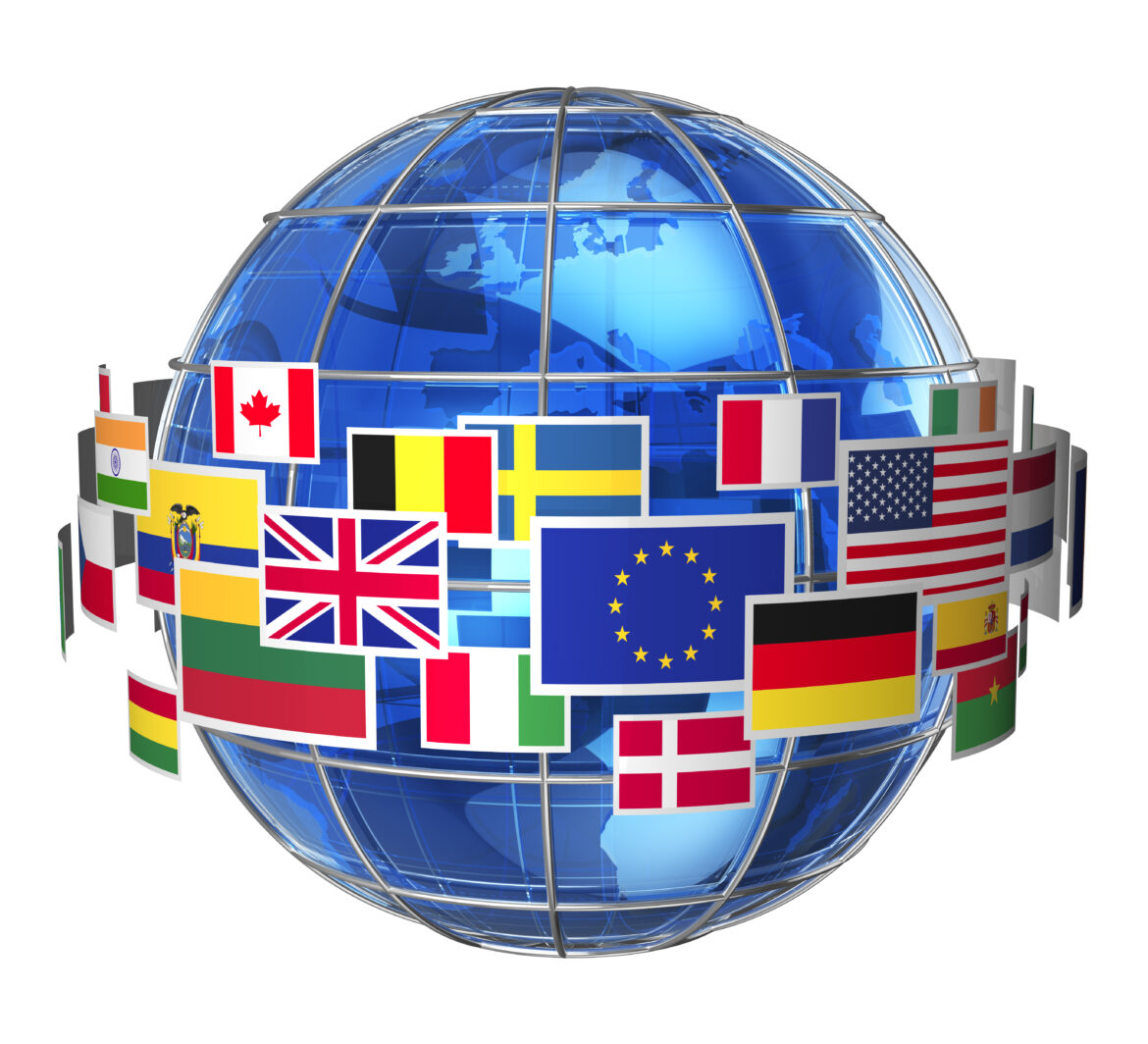The International Court of Justice (ICJ), established in 1945 under the United Nations, serves as the primary judicial organ for resolving disputes between states and providing advisory opinions on international legal issues. Among the grave matters it adjudicates are genocide cases, a topic of paramount significance, particularly from a Christian perspective. The ramifications of genocide are profound, transcending international law and ethics, touching upon deeply held beliefs regarding the sanctity of life, human dignity, and moral responsibility embraced within Christian teachings.
The concept of genocide is defined under the UN Convention on the Prevention and Punishment of the Crime of Genocide (1948) as actions intended to destroy, in whole or in part, a national, ethnic, racial, or religious group. It encompasses an array of heinous acts, including killing members of the group, causing serious bodily or mental harm, and imposing measures intended to prevent births within the group. Within the context of Christian doctrine, the implications of genocide challenge believers to reflect on the nature of humanity, divine justice, and moral action.
The ICJ’s role in genocide cases is critical. Although its jurisdiction is limited to disputes brought by states, several prominent cases have spotlighted the Court’s function in addressing alleged genocides. One notable instance is the case of Bosnia and Herzegovina v. Serbia and Montenegro (2007), wherein the ICJ held that Serbia bore responsibility for failing to prevent genocide during the Bosnian War. This case underscored the necessity of accountability and the moral imperative to protect human life, a foundation that resonates with Christian ethics emphasizing love and compassion.
From the Christian perspective, the concept of justice is inseparably tied to God’s character. Scriptures affirm that God is a just judge (Psalm 7:11), and as stewards of His creation, individuals and nations are called to uphold justice. Jesus’ teachings further exemplify the significance of caring for the marginalized and oppressed, echoing the admonition found in Isaiah 1:17: “Learn to do good; seek justice, correct oppression.” Thus, when the international community, through the ICJ, addresses genocide, it aligns with a moral and spiritual mandate present within Christianity—to protect those who cannot protect themselves.
The procedural aspects of how the ICJ handles genocide cases can pose complexities that bear significance. Cases can often take years, even decades, to resolve. The slow pace of justice raises questions about the efficacy and morality of international law in addressing urgent humanitarian crises. It provokes a fundamental inquiry within Christian thought: how should believers respond when justice appears delayed? Patience and faith in God’s sovereignty become crucial, reminding Christians that ultimate justice lies with Him, even as they are called to advocate for the oppressed and support mechanisms that bring about justice.
Furthermore, the ICJ functions not only as a court of law but also as a platform for dialogue and reconciliation. The resolutions achieved carry the potential for healing, albeit incremental. For Christians, the process reflects the biblical principle of reconciliation (2 Corinthians 5:18-19). It emphasizes the importance of pursuing peace and restoring relationships, even after monumental atrocities have occurred. Discussions surrounding genocide can be harrowing, yet they are crucial for fostering understanding and promoting a message of hope, underscoring the belief in redemption and restoration in Christ.
Another essential dimension to consider within the scope of genocide and international law is the role of witnesses and survivors. Christian communities often engage with survivors, providing support both spiritually and physically. Their testimonies highlight the need for empathy and advocacy. The testimonials of those who have endured unspeakable horrors are not merely historical records; they embody the ongoing moral responsibility of Christians to bear witness to the suffering endured and to seek justice for the afflicted. Hebrews 13:3 reminds believers to “remember those who are in prison, as though in prison with them,” encouraging an active commitment to those suffering injustice.
International collaborations emerge in the fight against genocide, often spurred by Christian organizations dedicated to human rights advocacy. These groups often play a pivotal role in raising awareness, facilitating dialogue, and calling for more robust international intervention. They remind believers that the call to protect the vulnerable extends beyond geographical and cultural boundaries and is a reflection of Christ’s love for humanity. Such collaborations serve to unify various denominations and secular entities under the common goal of ensuring that genocide does not remain a footnote in history but a catalyst for change and reform.
In conclusion, the intersection of the International Court of Justice and genocide cases is indispensable for understanding the global legal landscape. For Christians, it is not solely a matter of international law; it implicates profound ethical considerations regarding justice, compassion, and responsibility. The teachings of Christianity call for active engagement with issues of justice, urging believers to advocate for those whose voices have been silenced. As global citizens, understanding the implications of genocide and participating in the pursuit of justice resonates deeply with the Christian call to love and uphold the dignity of every individual. In a world often fraught with violence and injustice, the ICJ stands as a testament to the necessity of striving for peace, accountability, and the relentless hope that such atrocities will never again occur in our shared humanity.



